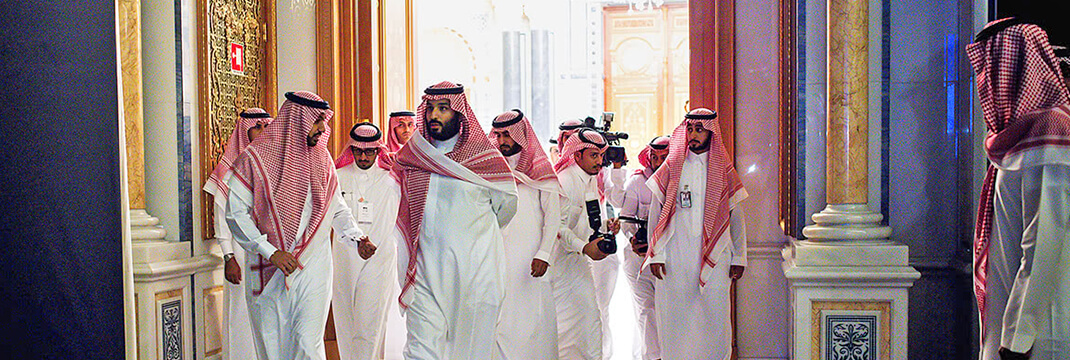
Religion and Politics
Statement of Issue
Religion and politics are inseparable in Saudi Arabia since 1932 (Clarke, 2010). Consequently, the following question arises whether religion controls the politics or politics controls religion. The relationships between the two fields are complex and controversial. The problem of the interaction between religion and politics is that the former allows territorial expansions and justifies military conquests. The religious beliefs of Islam impose this thought on those who are non-Muslim. The politics of Saudi Arabia foster this ideology giving religious-legal sanctions even to immoral activities. As a result, Saudi Arabia is the place where religion is an instrument in the hands of the state.
Policy Options
The government of Saudi Arabia is gradually increasing its use of religion employing it as a tool of governance that justifies the ideological approaches to the social processes in the country. The relationship between religion and politics has been so effective that this combination has become a usual thing for many citizens of Saudi Arabia. Not without a reason, Fox (2008) stated: “Religion arguably controls the state as much or more than the state controls the religion” (227). One of the consequences of this interaction was the redirection of Saudi State Funds and the propagation of Wahhabism abroad. Nobody can condemn Saudi Arabia for such a decision. However, this policy option has its advantages and disadvantages.
The advantage of the interaction between religion and politics in Saudi Arabia is that it allows the country to assert a global leadership role and forging an Islamic identity. One should say that this option is done with the help of the funding of facilities, project groups, and organizations that promote the flourishing of Islam in the Muslim world (Clarke, 2010). However, some experts believe that the tight relationships between the legal power and religion and the spreading of Islam are done for purely religious reasons. Moreover, they state that the Saudi Arabian government unites the Muslim global community increasing its political influences in other countries and furthering the religious goals. One should say that the advantage of the interaction between politics and religion refers to the desire of the Saudi Arabic leadership to encourage the revival of Islamism and represent the response to the European political expansion.
The disadvantage of the relationships between politics and religion is that the latter is artificially imposed on the citizens of the country and other states. Consequently, this interaction should be constantly fostered. The government manipulates religion to maintain hard power and enhance its position internationally. The use of religion by the Saudi Arabian leadership to achieve secular goals has been intensified. Moreover, the disadvantage of politics and religion refers to fostering and spreading a new generation of radical Islamists who are devoted to Islam principles and politics of Saudi Arabia and can kill or do other violent actions for the sake of the country (Clarke, 2010). One should also mention that the interdependence of the two fields in Saudi Arabia can lead to an increase in Islamic radicalism. As such negative phenomena as radicalism and terrorism are criticized worldwide, it becomes clear that the state fails to control the influence of religion domestically. Consequently, the loss of control over religion threatens governmental efficacy.
Policy Recommendations
It is evident that Saudi Arabia needs reforms to separate religion from foreign policy. The actions aimed at setting the fields apart already have a positive influence on the domestic policy that does not use Islam for political purposes. In the present times, the intensified relationship between the religion and state is inevitable as most governors are religious conservatives who support this interaction. Moreover, these reforms should not be slow as in such cases they will not bring positive outcomes. The changes should not be shallow but deep and crucial. One recommends separating the religious reforms from political ones. It is obvious that Saudi Arabia needs to conduct the democratic processes and legalization of political parties.
In conclusion, one should say that there are interdependence and the relationship between religion and politics. It is difficult to say whether politics control religion or vice versa. However, the negative outcomes of this interaction, which are Islamic radicalism and terrorism worldwide, are obvious. That is why the Saudi government should separate politics and religion for the sake of international safety.



